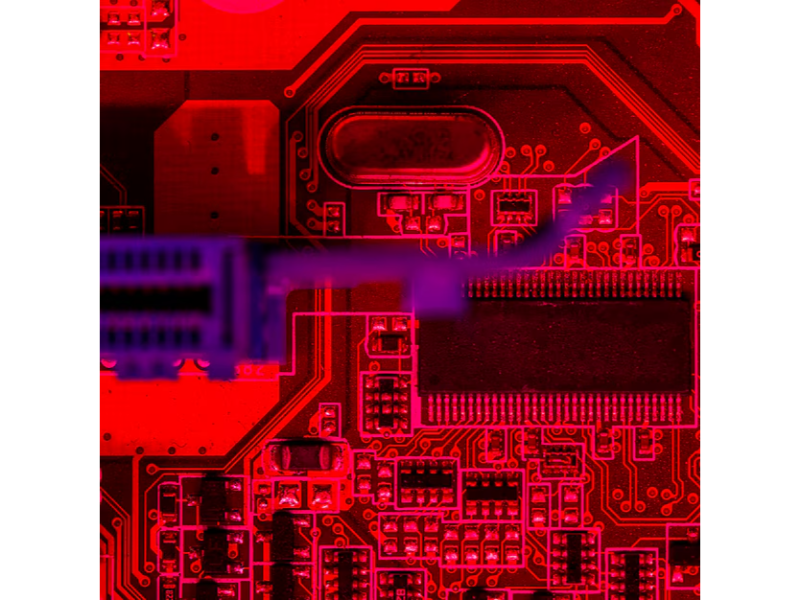![]()
Our biggest stories, delivered to your inbox every week.
The tech newsletter you cannot do without, covering the people, the companies and the insights you need to stay ahead.
Sign up today to get a free copy of our ebook, "IP Addresses: The new Digital Gold", detailing one of the most exciting tech investment opportunities of the next few years.

- The U.S. has ordered TSMC to halt shipments of advanced chips used in AI applications to China, citing export restrictions.
- The move follows a previous report of TSMC’s chip found in a Huawei AI processor, escalating tensions over technology exports.
——————————
What happened
The U.S. has ordered TSMC to halt shipments of advanced chips used in AI to Chinese customers. The Department of Commerce imposed export restrictions on chips with 7 nm or more advanced designs, which power AI accelerators and GPUs. This follows TSMC’s report that one of its chips was found in a Huawei AI processor. The move aims to limit China’s access to critical semiconductor technologies, particularly those used in AI. As U.S.-China tensions rise, this action could disrupt supply chains and the global semiconductor market. Experts like Daniel Ives of Wedbush Securities highlight the geopolitical implications as the U.S. seeks to maintain its AI lead while curbing China’s technological progress.
Also read: U.S. pours $5 billion into Taiwan chip maker TSMC for Arizona plant
Also read: AI boom propels TSMC to trillion-dollar club, now 8th globally in market value
Why it is important
This is a key moment in the U.S.-China tech rivalry, with the U.S. aiming to limit China’s access to advanced semiconductors. Halting AI chip shipments raises concerns over national security and tech dominance, particularly in AI and machine learning.
The move follows TSMC’s finding of its chip in a Huawei AI processor, sparking worries over China’s use of foreign chips in sensitive tech. The restrictions will impact TSMC and disrupt global supply chains, especially in AI and tech. This decision is part of growing U.S.-China tech trade tensions, making it important for investors and companies to stay alert.
Post navigation

May Zhang
May Zhang is a community engagement specialist with a background in the University of Manchester. she is passionate about discussing fintech and business. You can reach out to her at m.zhang@btw.media
Can we store cookies?
![]()
We use cookies to enhance services, personalize content, and analyze traffic. This involves sharing data with social media, advertising, and analytics partners. By using our website, you agree to the placement of cookies as described in our Cookie Policy. Learn more about our use of cookies and your choices in our Cookie Policy




















 English (US) ·
English (US) ·